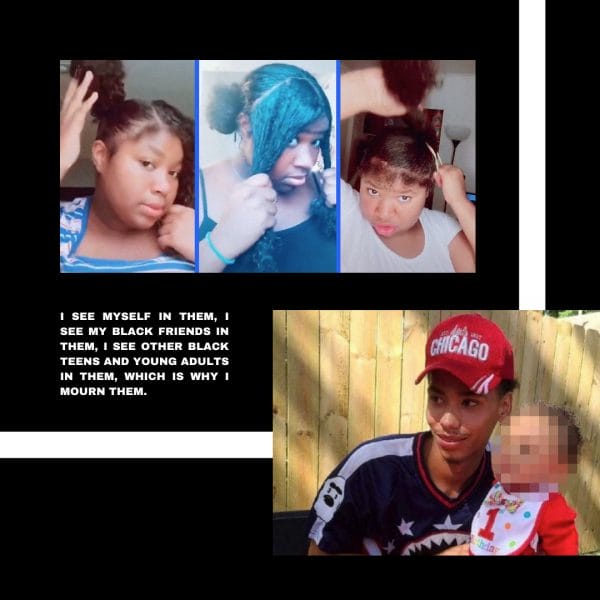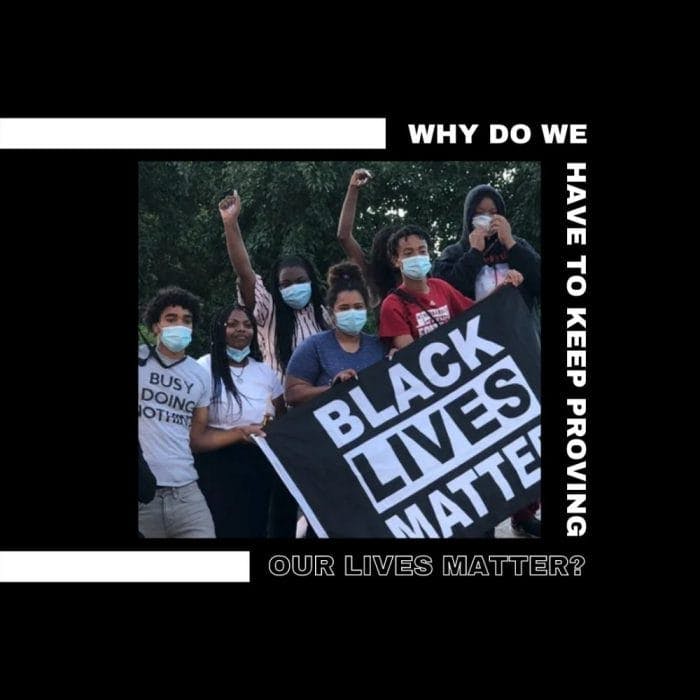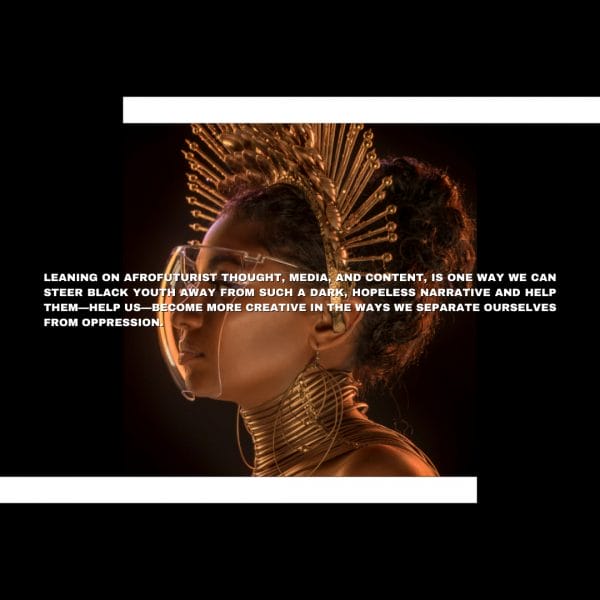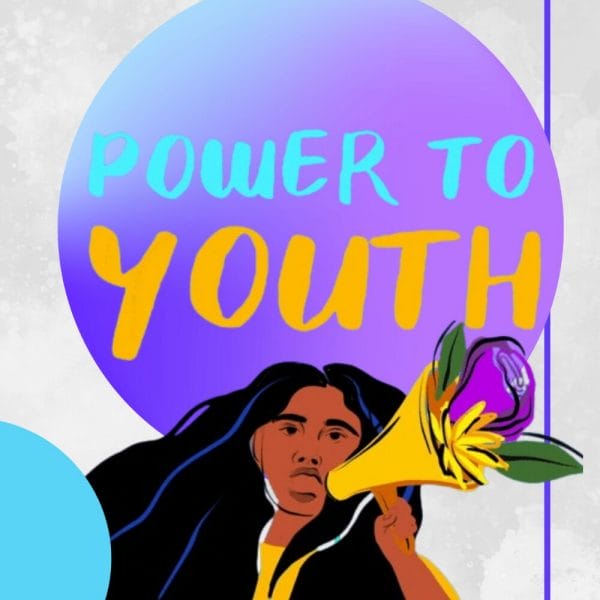Trauma and resilience in the face of police brutality impacting Black youth
It’s been a few days since the conviction of ex-police officer Derek Chauvin and I can’t stop thinking about 17-year-old Darnella Frazier. Darnella was the teenager who captured the essential 9 minute and 29-second video of Chauvin kneeling on George Floyd’s neck through the lens of her cell phone. Accompanying her 9-year-old cousin to Cup Foods which they frequented to buy snacks, the two quickly turned into witnesses of a murder that they couldn’t stop. Enduring the trauma of watching another Black person be dehumanized by police, Darnella also rose as a hero—her video helped inform people across the world of exactly how Chauvin disregarded human life.
Darnella’s heroism reflects her unbelievable strength—such strength that a child should never have to use. In her testimony, almost a year after the murder, she broke down explaining, “It’s been nights I stayed up apologizing and apologizing to George Floyd for not doing more and not physically interacting and not saving his life. But it’s like, it’s not what I should have done. It’s what he [Derek Chauvin] should have done.”
Instead of staying up at night apologizing to George Floyd, Darnella should have been able to use that energy thinking about things relevant to a teenager, like doing homework or hanging out with friends. Her testimony shows that this traumatic event, even when disguised as heroism, has robbed her consciousness of so much light and joy. The question then posed for Darnella also resonates with Black youth across the country who have watched police kill Black people on the news and in their communities: How do you move on when the use of excessive and fatal force on Black people has been normalized? How do you then explain to your younger cousin, sibling, or children why Black people don’t get second chances and why video footage is vital to proving that their life matters?
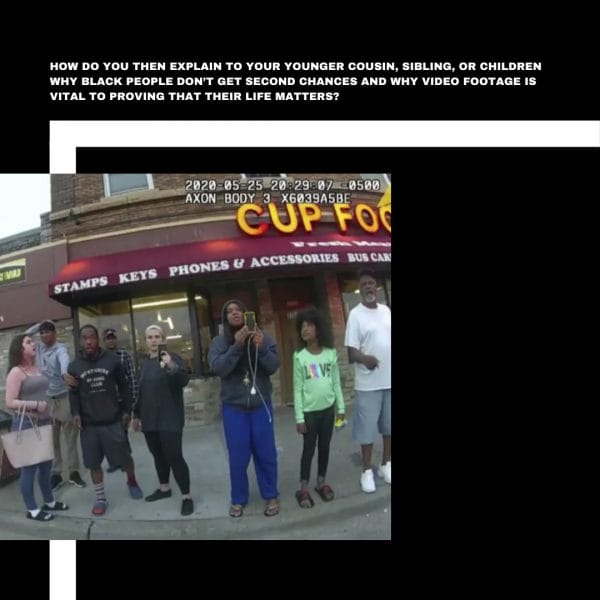
When will it end? From George Floyd to Duante WRight to Ma’Khia Bryant
I think about Darnella because even in the wake of accountability—even when her courage, strength, and trauma produced a conviction that led to a nationwide sigh of hope—the cycle is still relentless. Nine days before the verdict came out in the Chauvin trial, 20-year-old Daunte Wright was shot and killed in Minnesota by a police officer who allegedly mistook her handgun for a taser during a traffic stop. And just moments after the verdict came out, 16-year-old Ma’Khia Bryant was shot several times and killed by police in Ohio. For Black youth across the country, the devastation lies in the fact that Black people, young or old, cannot make mistakes because they are permanently villainized in the eyes of the law. Time and time again, we see that fatal force has always been the first option.
Both Daunte Wright and Ma’Khia Bryant deserved to grow up and to embrace their lives as they should have unfolded. Daunte was a father to his two-year-old son, a jokester who was voted “class clown” in high school, and is fondly remembered by his beautiful smile. Ma’Khia was an honor roll student, actively made hair tutorials on Tik Tok, and was doted as being a “very loving, peaceful little girl.” I see myself in them, I see my Black friends in them, I see other Black teens and young adults in them, which is why I mourn them. So when they’re taken away so carelessly, it is nothing short of triggering and re-traumatizing.
